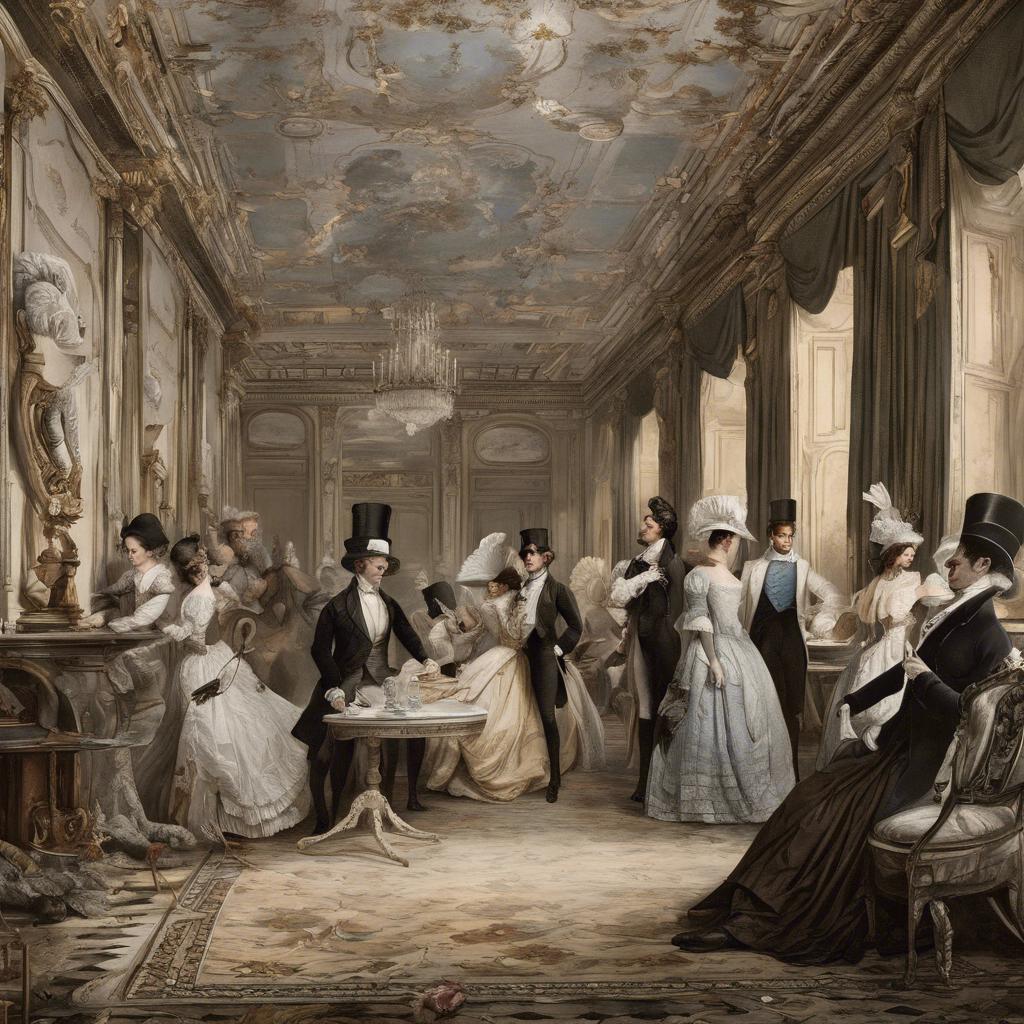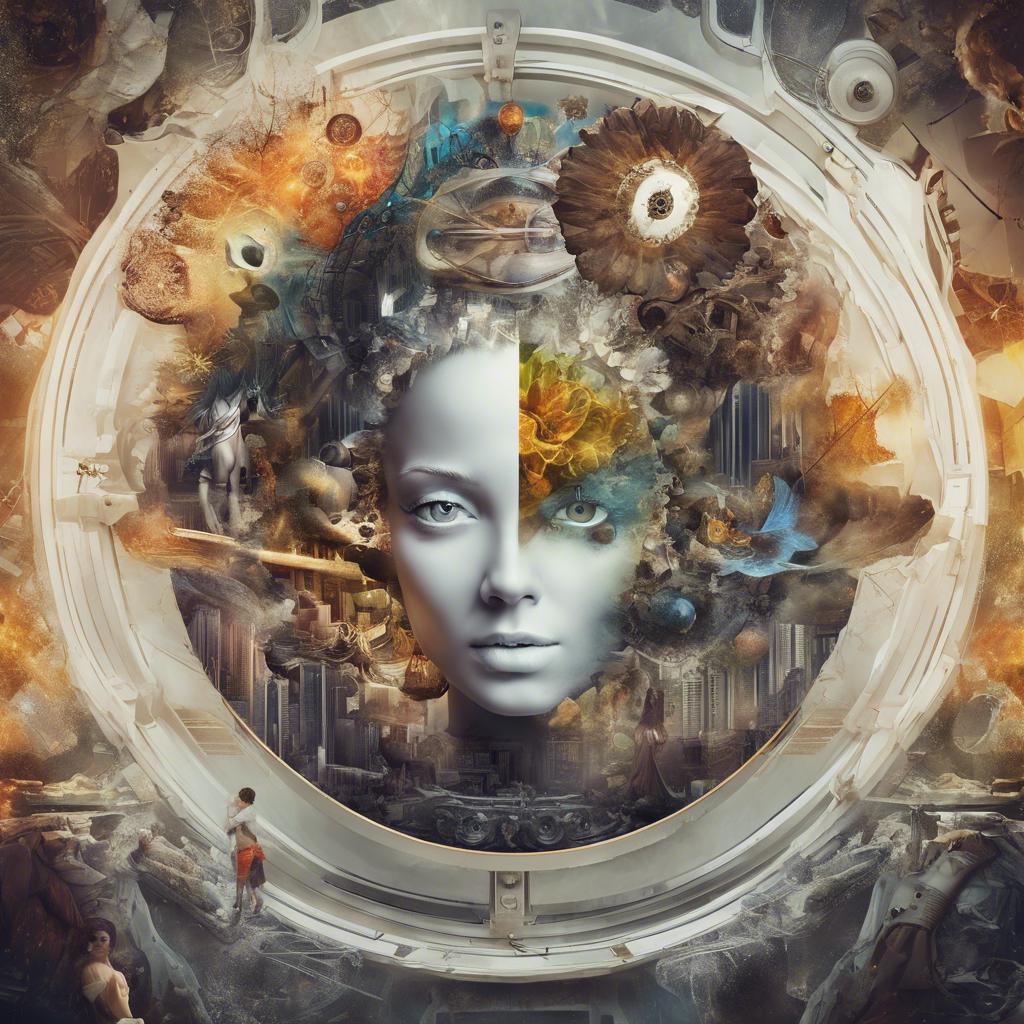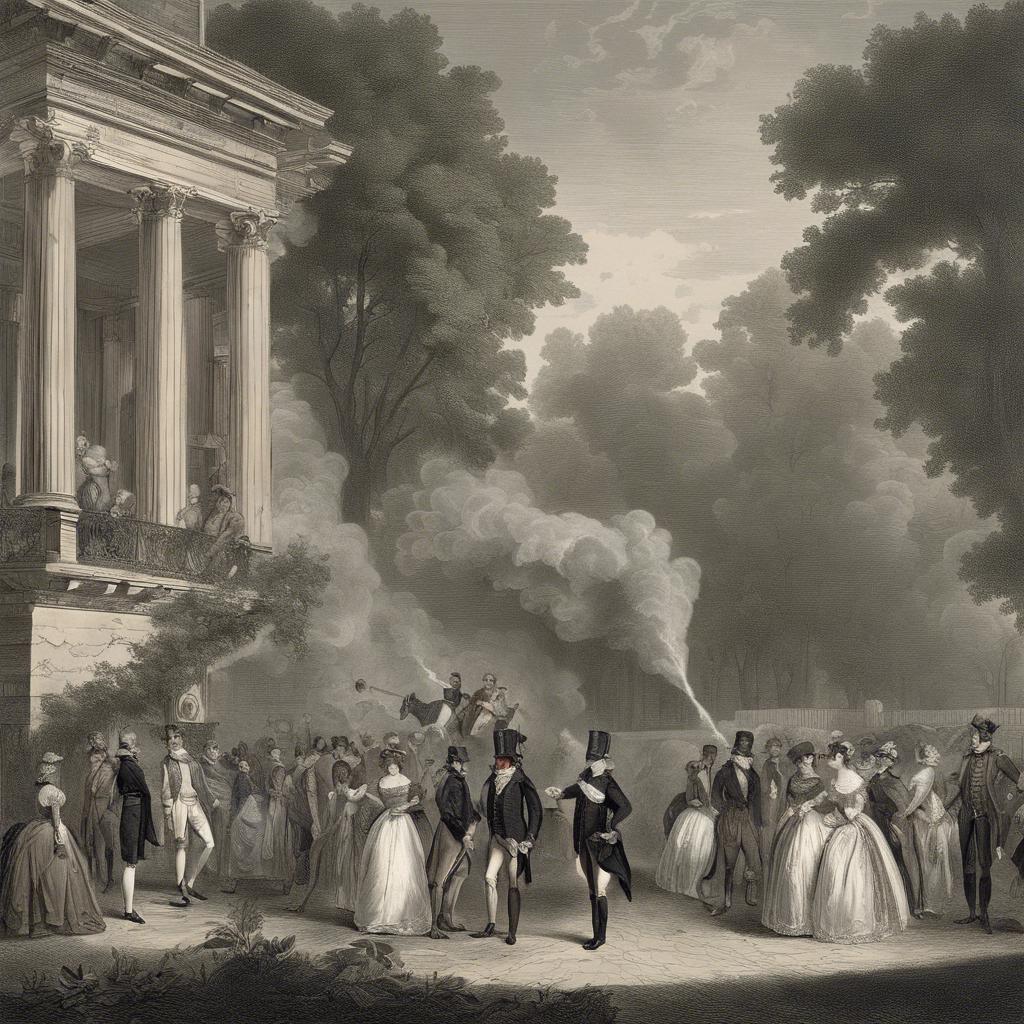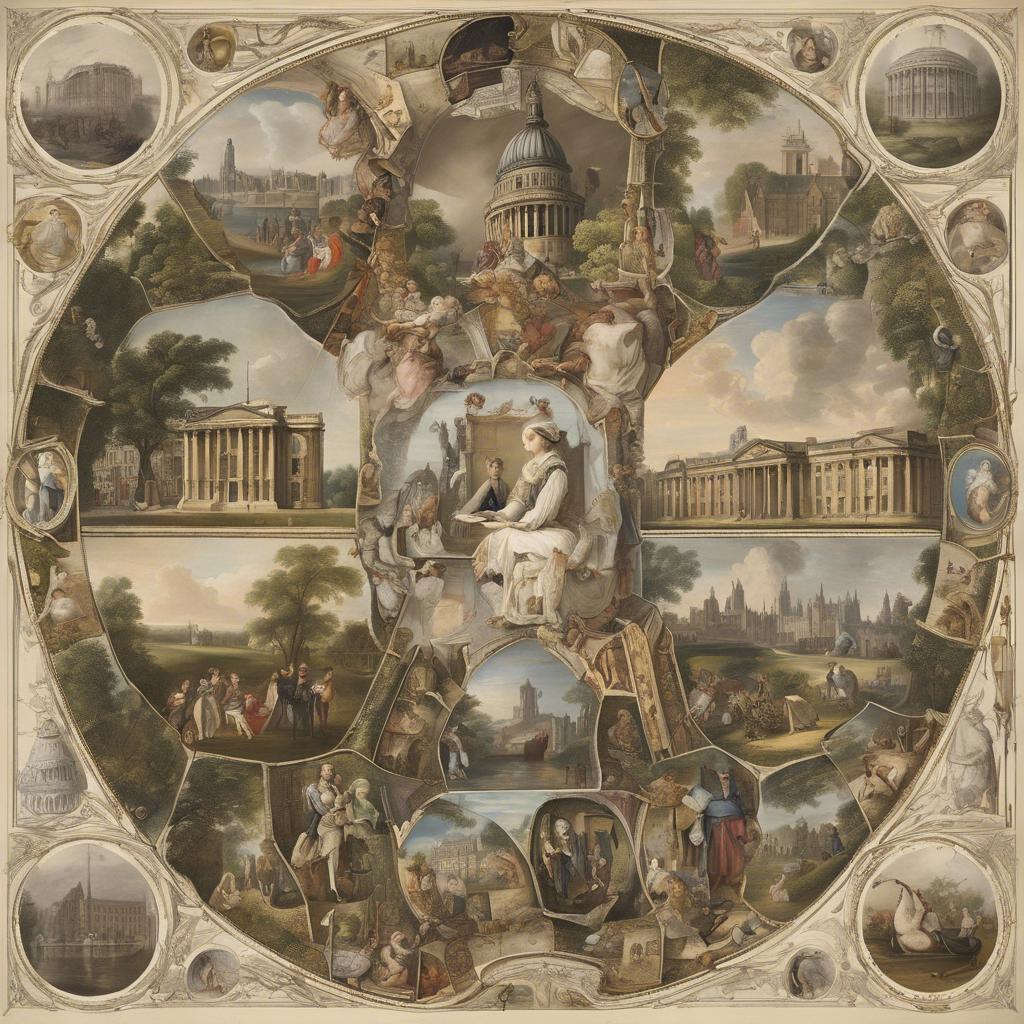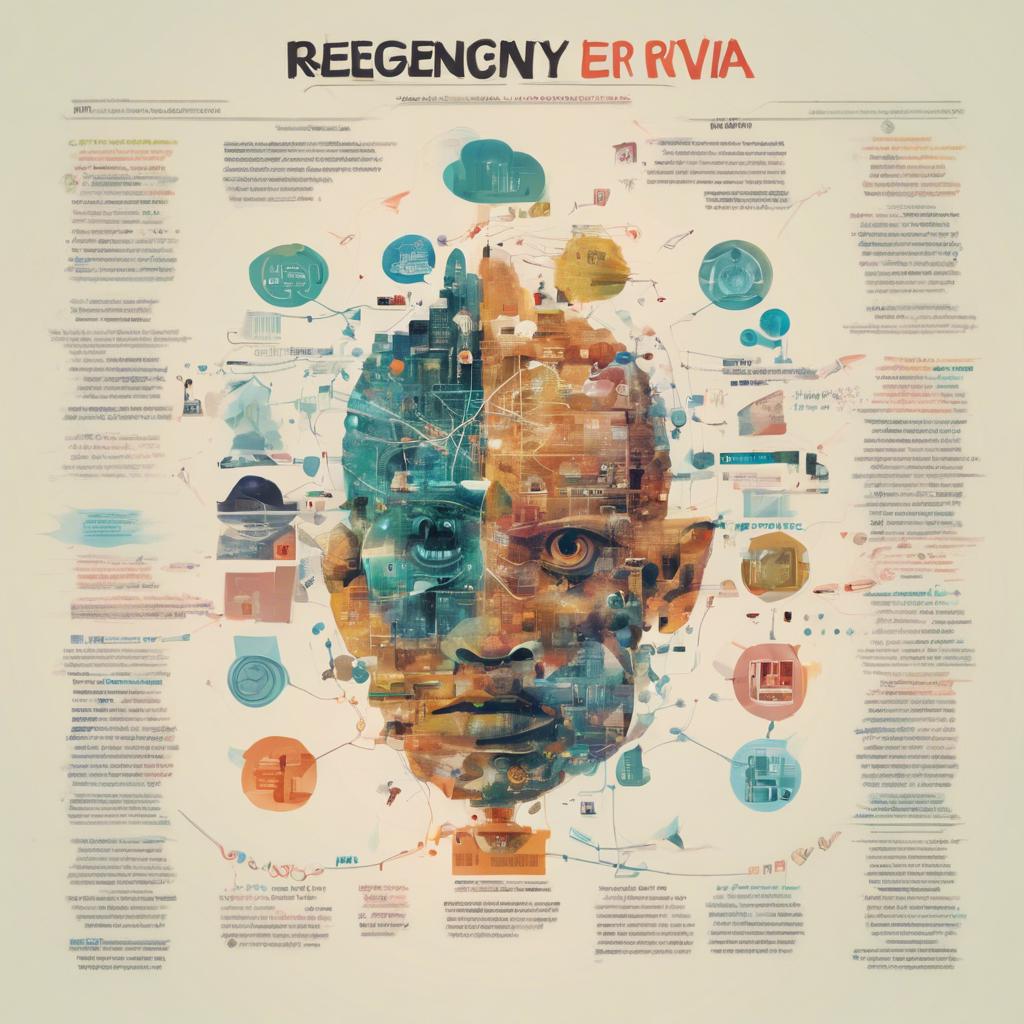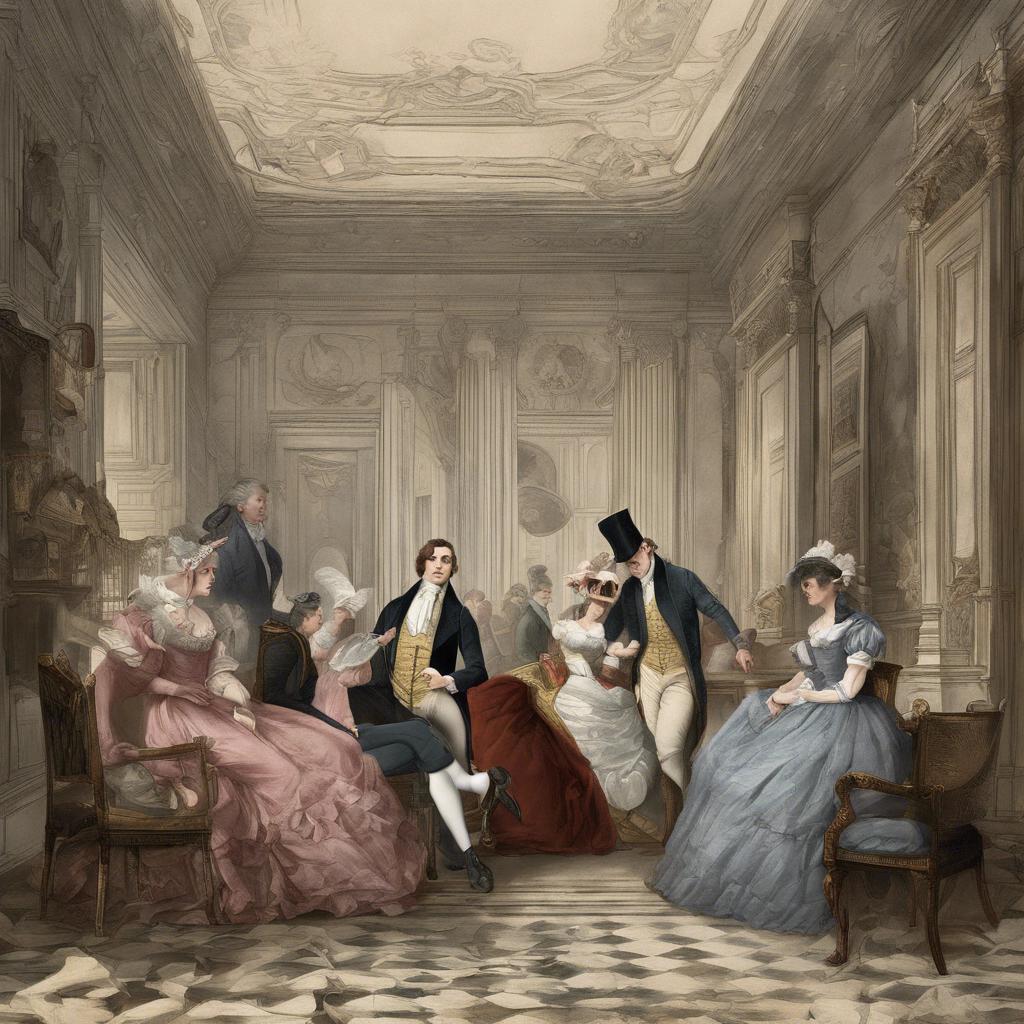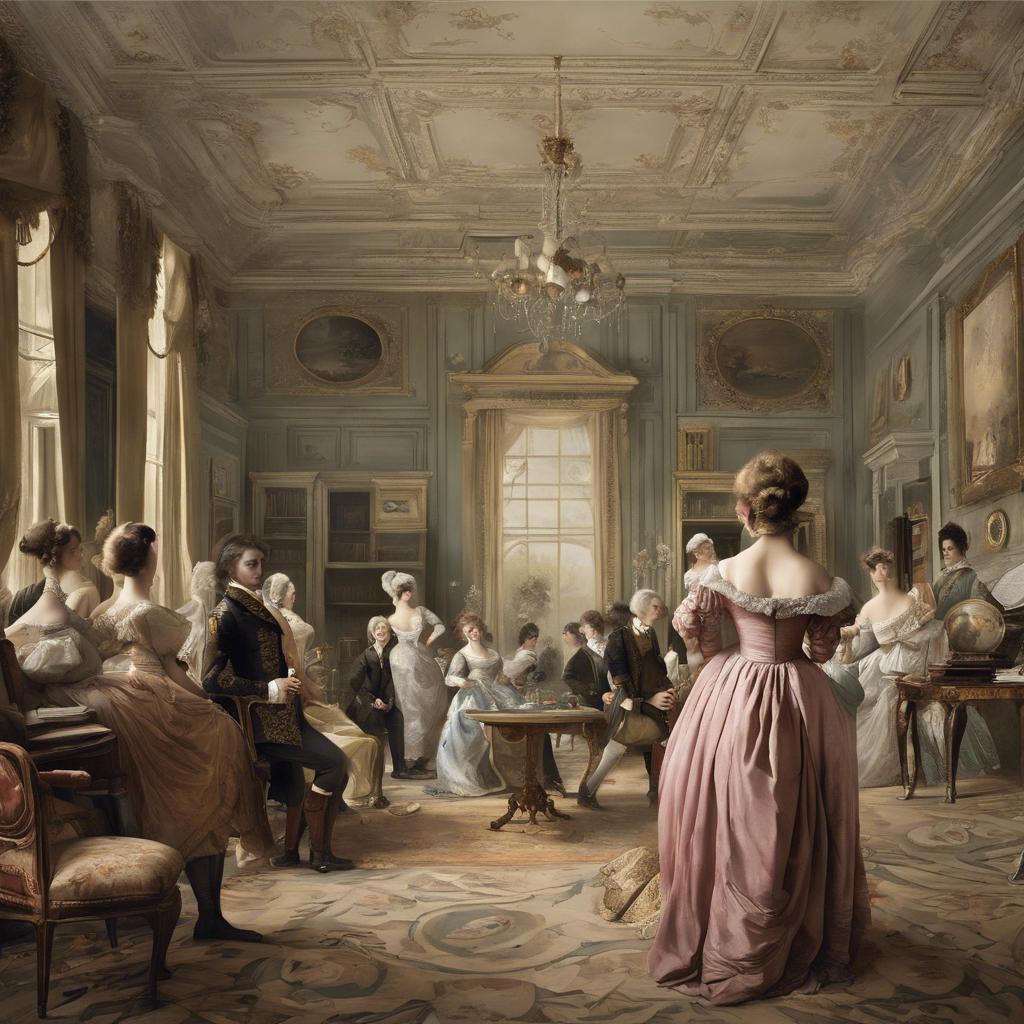Posted inRegency era
why did the regency era end
The Regency Era came to an end due to the death of King George IV in 1830, leading to the ascension of his brother, William IV, to the throne. This marked the conclusion of the period of regency and the beginning of a new era in British history.
